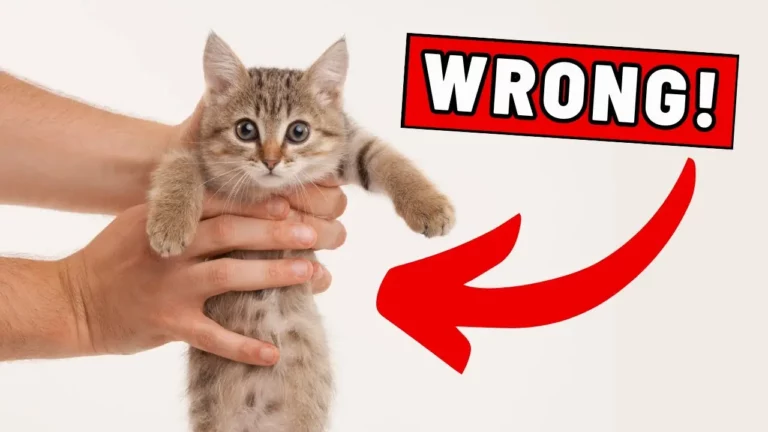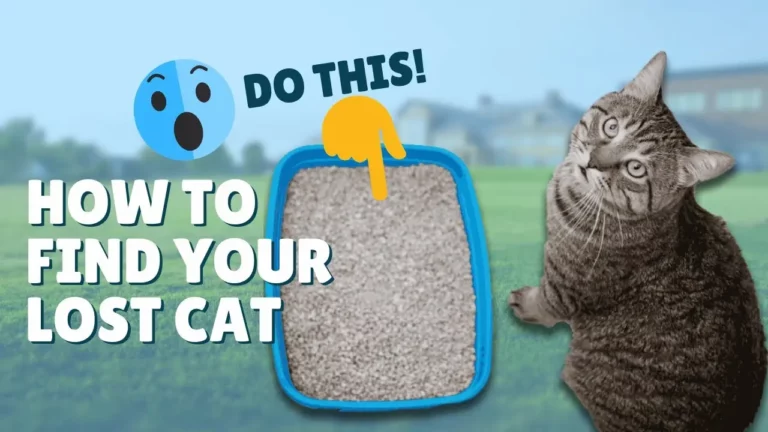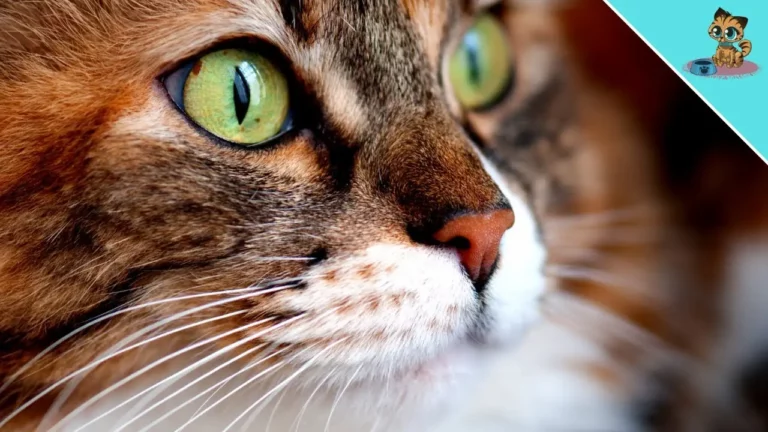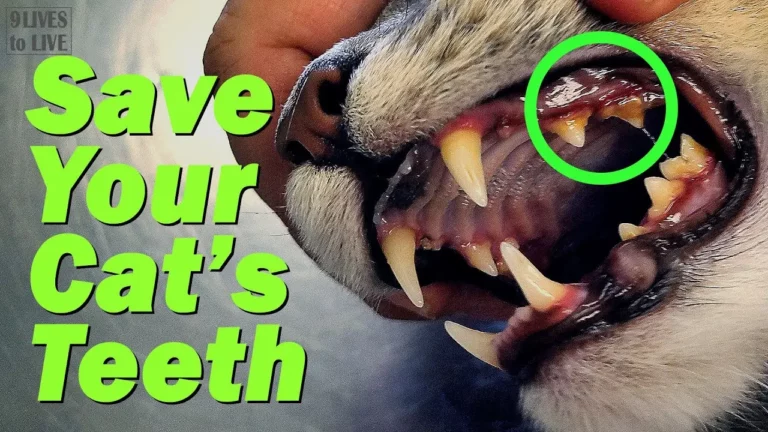WORST Mistakes You Make With Your Cat
When it comes to caring for our cat companions, we often overlook some important aspects that could greatly impact their well-being.
One of the worst mistakes I made was skipping regular vet visits, thinking my
But neglecting these appointments can lead to undetected health issues and missed vaccinations, which are essential for their long-term health.
Have you ever wondered if there are other common pitfalls we might be making?
Let’s explore some of the most frequent mistakes and how they can be avoided.
Ignoring Proper Nutrition
Feeding your
When I first got my
Cats are obligate carnivores, meaning they must get certain nutrients from animal sources.
Without these, they can suffer from a range of health issues, including obesity, diabetes, and kidney problems.
First, it’s important to choose a high-quality commercial
Look for foods that list meat as the first ingredient, and avoid those with excessive fillers like corn or soy.
Also, don’t overfeed your
Next, remember the importance of hydration. Cats often don’t drink enough water, so incorporating wet food into their diet can help.
Wet food provides necessary moisture, which supports kidney function and overall hydration.
Lastly, avoid giving your
Stick to
Overlooking Regular Vet Visits
Skipping regular vet visits can have serious consequences for your
These visits help detect health issues early, often before your
Vets can catch problems like kidney disease, diabetes, or even heart issues in their early stages, which means they can be treated more effectively.
Another reason to keep up with vet visits is vaccinations.
Cats need various vaccines to protect them from diseases like rabies and
Additionally, vets can spot early signs of parasites, like fleas or ticks, and provide treatment options before they become a bigger problem.
They’ll also give you advice on diet, exercise, and overall care tailored to your
Neglecting Dental Care
Neglecting your
Plaque and tartar build-up can cause gum disease, tooth decay, and even infections that spread to other organs. I used to think my
Regular brushing, dental treats, and professional cleanings are essential to keeping your
One of the first signs of dental problems is bad breath, but it can escalate quickly. Cats are masters at hiding pain, so they might continue eating even if they’ve a sore mouth.
This can lead to significant issues like tooth loss, abscesses, or even kidney and heart disease.
I found that using a
Starting slow and being gentle helped my
Incorporating dental care into your
Take the time to invest in your
Skipping Playtime
Engaging your
Cats are natural predators, and playtime allows them to express their hunting instincts in a safe and controlled environment.
When you skip playtime, your
I’ve found that regular interactive play helps to keep my
Using wand toys, laser pointers, or even homemade toys can make a significant difference. Play sessions don’t have to be long—15 to 20 minutes a few times a day can be enough to satisfy their need for activity.
Skipping playtime can also affect your
Misunderstanding Litter Box Needs
Understanding your
First, the litter box should be placed in a quiet, low-traffic area, away from loud appliances and busy spots. Cats need a peaceful spot to do their business, and a noisy or chaotic location can cause them to avoid the box altogether.
Next, importance is vital. Scoop the litter box daily and thoroughly clean it at least once a week. Cats are fastidious creatures, and a dirty box can lead to accidents elsewhere in your home.
Also, consider the type of litter you use. Some cats have preferences for certain textures or scents, so experiment to find what your
The size and number of litter boxes matter too. Ideally, you should have one box per
If you have multiple floors in your house, place a box on each level to make it easy for your
Failing to Socialize
Many
When I first adopted my
Neglecting this can lead to behavioral issues, anxiety, and even aggression.
One of the best ways to socialize your
Over time, she became more comfortable and even curious about these new faces. Providing positive reinforcement, like treats and gentle petting, helped her associate these new experiences with positive feelings.
It’s also important to engage your
I noticed that interactive toys, such as feather wands and laser pointers, not only kept my
This interaction helped her feel more at ease around me and others.
Inadequate Grooming
Neglecting regular grooming can lead to a host of health problems for your
I’ve learned that keeping my
Cats might be good at grooming themselves, but they often need a helping hand from us, especially those with long hair.
Brushing your
I make it a point to brush my
It also gives me a chance to check for any unusual lumps, bumps, or skin issues.
Bathing isn’t usually necessary for most cats, but some may need an occasional bath, especially if they’ve gotten into something messy. Using a cat-specific shampoo guarantees that their skin and fur stay healthy.
Additionally, I pay attention to their claws, trimming them as needed.
Overgrown claws can cause discomfort and even lead to infections. Keeping their ears clean and checking their teeth are also part of my routine.
Regular grooming sessions strengthen our bond and keep my
Conclusion
Taking care of a
By prioritizing regular vet visits, proper nutrition, dental care, playtime, litter box maintenance, socialization, and grooming, you’re ensuring your furry companion stays healthy and happy.
Don’t overlook these essential aspects of






